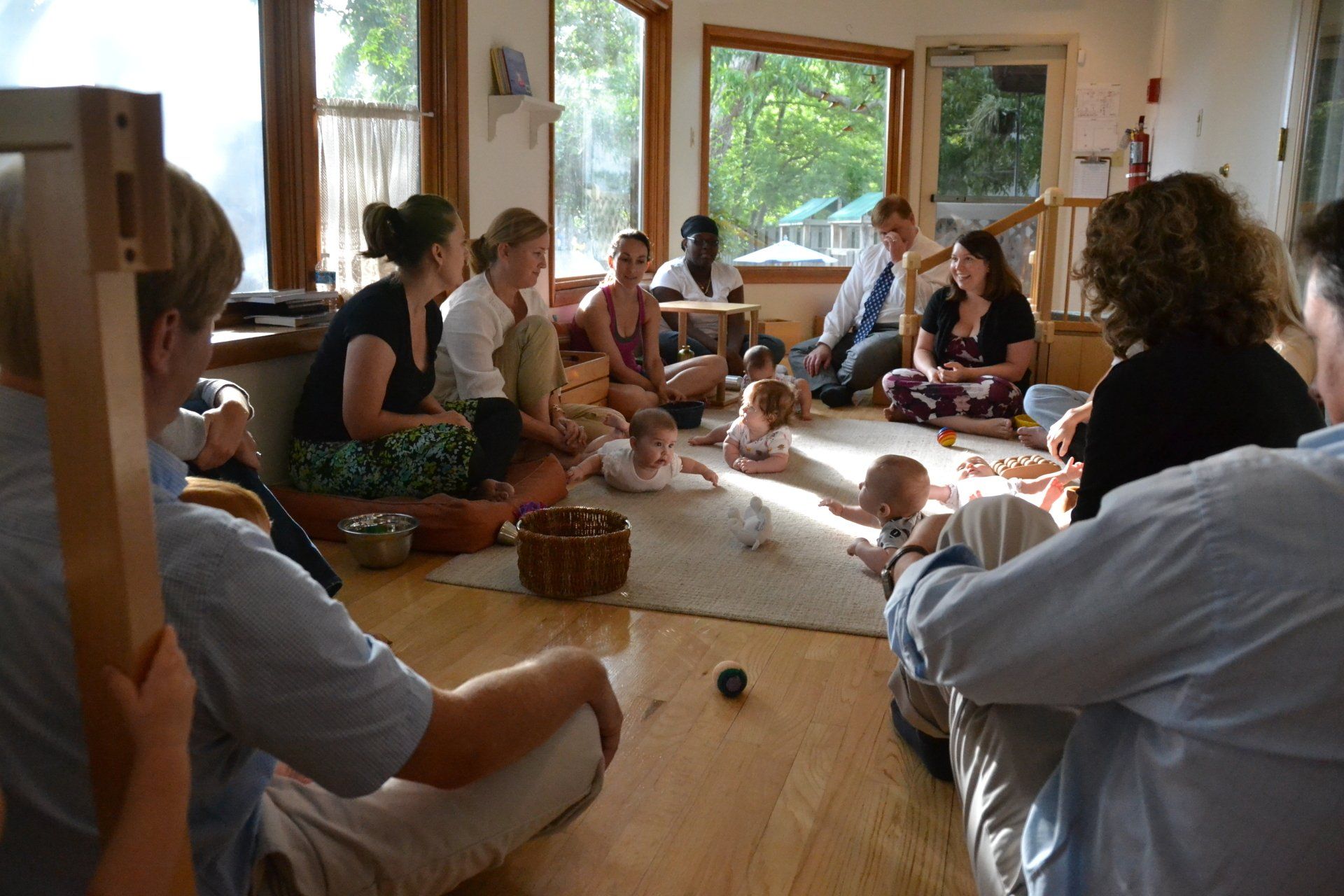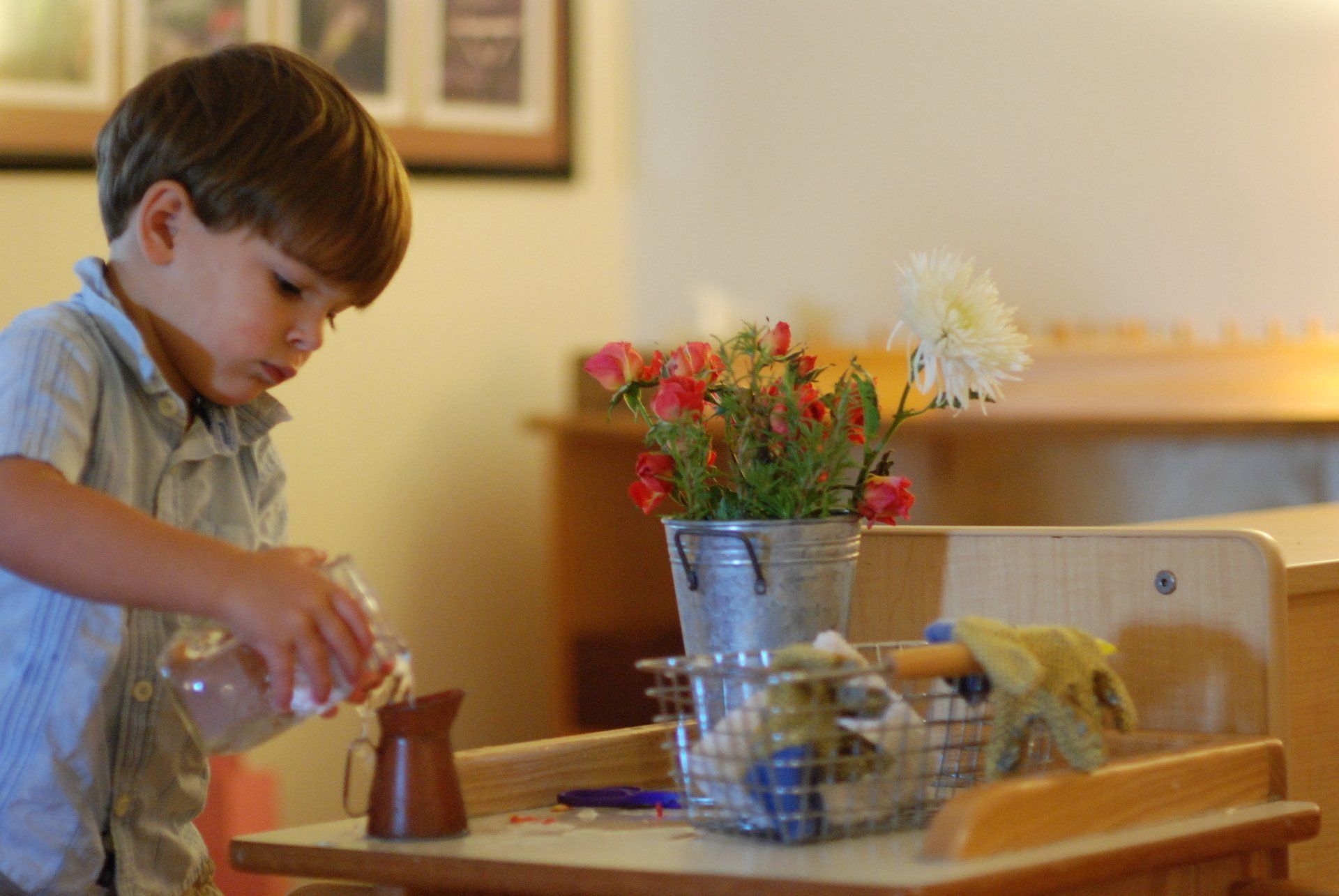Behavior Management- Center Policy

The intricacies of center practice are often left unsaid. Observers may inquire, “How do you …. ?” and we find ourselves at a loss for words. Over the decades we’ve helped guide countless children on their path towards self discovery. Individuals and group dynamics make each day unique calling on us daily to reach deeply into the seasoned early childhood professional’s bag-of-tricks.
Santa Cruz Toddler Care Center
On the ever popular topic of behavior management, no prescribed blueprint exists on how to approach an individual child or situation- only a general philosophical umbrella. I admire this well articulated umbrella from our colleagues on the West Coast, The Santa Cruz Toddler Care Center.
You can read their behavior management policy here.
Yet, just because a policy is written does not necessarily make it so. As young children learn the social and cultural expectations of their community, their adult guides must be on the same page. Having a written policy is a good place for working parents to start- provided they have read it- however, parents will need ongoing communication and resourcing to help make it stick. We sometimes take for granted our years of study and experience in the field which is unfamiliar to new families.
In order to ensure that parents of enrolled children are invested in a like-minded way of behavior management that enables children to thrive at both home and school, they need to know what you mean by “behavior management.”
4 Steps to Ensure Parents Know Best Practices of Behavior Management:
1. Provide prospective parents video, online resourcing and suggested book lists PRIOR to scheduling a tour and observation of the center. Here’s one of our favorites- can you guess why?
2. Offer a quarterly OPEN HOUSE as a first meeting for families interested in enrolling making the progressive model of behavior management, as it relates to social learning, one of the hot topics. We require families to attend the Open House before they can observe or tour the center.
3. Make time to individually tour prospective clients prior to providing an application in an effort to advocate and educate center ideals and principles. During this time, ask about their thoughts on discipline at home and at school. By the time parents have finished observing and touring the center with us, they already have spent five hours or more learning about our philosophy of care.
4. Upon enrolling, further support parents by with regularly scheduled Parent/Teacher Community meetings, adult education classes (We use Redirecting Children’s Behavior by Kvols) and individual family coaching opportunities in addition to parent/teacher meetings.

Preschools have an obligation to provide the resources for parents to help integrate best practices at home- even as we continue learn what is in the best interest of young children. Families depend on key advisors such as accountants, lawyers and even hair dressers- why should they expect any less from the people caring for their child?
You might also like



CHILDCARE PROGRAMS
ADULT EDUCATION
QUICK LINKS
Little Learners Lodge
